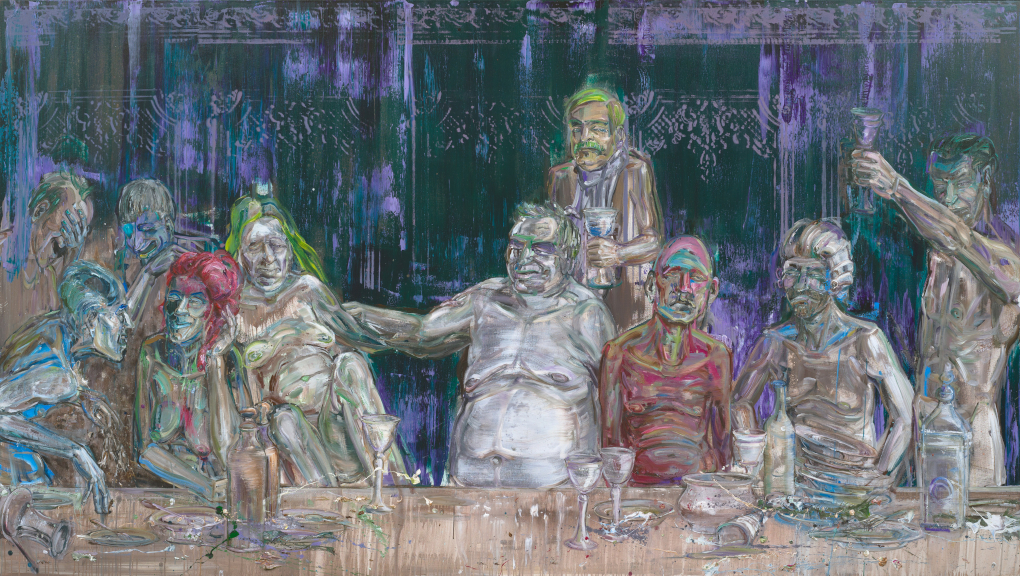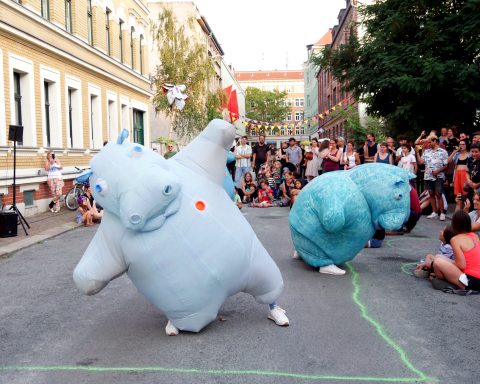Yes, you may embrace your happiness while others suffer.
This took me a long time to figure out. The reasoning goes like this: We believe that we are rude when we do not mirror other people’s emotions of suffering.
Let’s say somebody shares with us how uncomfortable they felt when a coworker said something racist, sexist, or similar. In order to comfort them, we often try to validate their feelings by mirroring and diving into theirs. Being enraged for them. Insulted on their behalf. Being sad with them. This might be genuine, as we are reminded of similar experiences we endured ourselves. But a big part of it is simply a misguided form of “empathy” we’ve learned along the way.
By mirroring other people’s unpleasant feelings, we actively choose to leave our own happiness behind.
We viscerally dive into their suffering, making it our own. As noble as our intentions are, the end result is often not so great. For one, moods are infectious. Anybody you come into contact with will most likely be affected by that choice you made. Potentially kicking off a chain of mood-lowering as they engage in mirroring behavior themselves.
On top of that, it’s quite impossible to deal with emotions and experiences that aren’t actually our own. We simply imagine what it must be like to feel terrible. But at the same time, we are aware of the fact that we are choosing to suffer. We lose access to the off-ramps. How do you process an emotion that is simply imagined for the sake of others? How do you put an end to personal suffering that you choose out of a belief of duty?

You will most likely go in circles of, “It’s so terrible for others, so I shouldn’t get over it”. It’s not your own, and thus it’s hard to give yourself permission to work through this negative emotion. Especially if it continues to afflict the other person. How do you work through your rage at another person’s discrimination if you yourself haven’t actually experienced it? What could possibly be a starting point for that? There is only one. Consciously let go of all the internal drama and monologue that you created through your mirroring.
Is mirroring another person’s suffering really the best thing for them?
To some, you may seem aloof or cold if you decide to not mirror their anger or sadness. However, have you ever spoken to a person with a deadly illness or a truly terrible family tragedy? They really prefer that you not devolve into fits of despair for them. They already have enough of that in their lives, thank you very much. Instead, they’d very much like you to be able to handle your own emotions. That way, they don’t also have to take care of you in their times of difficulty. Because they don’t have the energy or luxury to follow the downward spiral of negative emotion mirroring.
It’s in these extreme cases that we often see most clearly. If a dying person doesn’t want you to mirror their suffering, what could possibly be the reason to do so? And for much more minute cases like that annoying sexist boss? Mirroring negative emotions is often a hallmark of identity-affirming drama addiction, not empathy. Likewise when others have the expectation of you doing so.

OK, but what to do instead? Somebody comes to you and shares an unpleasant thing that happened to them. Can you simply hold space for them then? Be there, comfort them physically if they feel comfortable, encourage them to keep talking (or not), whatever helps them deal with the situation.
When you stay in your light, you give the other person something positive to latch onto if they so choose.
An option they wouldn’t have if you followed them into the darkness. Next, there is the always-appropriate question: “would you simply like to be listened to, or are you looking for advice”? If advice is desired, feel free to help them deconstruct the situation and find solutions for the future. If not, then just stay there, physically present, as their nervous system tries to regulate itself.

Staying present in our own well-being even if the world around us erupts into chaos is absolutely our responsibility. It doesn’t mean that we simply sit on the sidelines, watching people get beaten up. If anger flares up, let’s use it for something constructive. Donate money, organize that protest, and ship necessities to refugee organizations. But remember, these are actions done to help us step out of the anger, not to engage it further. Because by the time we come home to our families, they will most likely be struggling with their own emotions already. We shouldn’t be the kindle to set them accidentally on fire. Instead, we should be the water coolers who offer a way out of their own spiraling flames.
And besides, negative emotions burn bright and hot.
Taking our health, our desperately needed clearheadedness, and our ability to help down with them. It’s never worth it. Actually, it’s always detrimental. And so yes, even if we are surrounded by suffering that is not our own, our first obligation should always be to stand firm in our own happiness. Because fundamentally that’s where the true support will originate from. Not to mention, a better world both small and large. Drama has never been the solution. Being in a position to help, on the other hand, no matter if your counterpart accepts it or not? That’s how we truly make progress.








